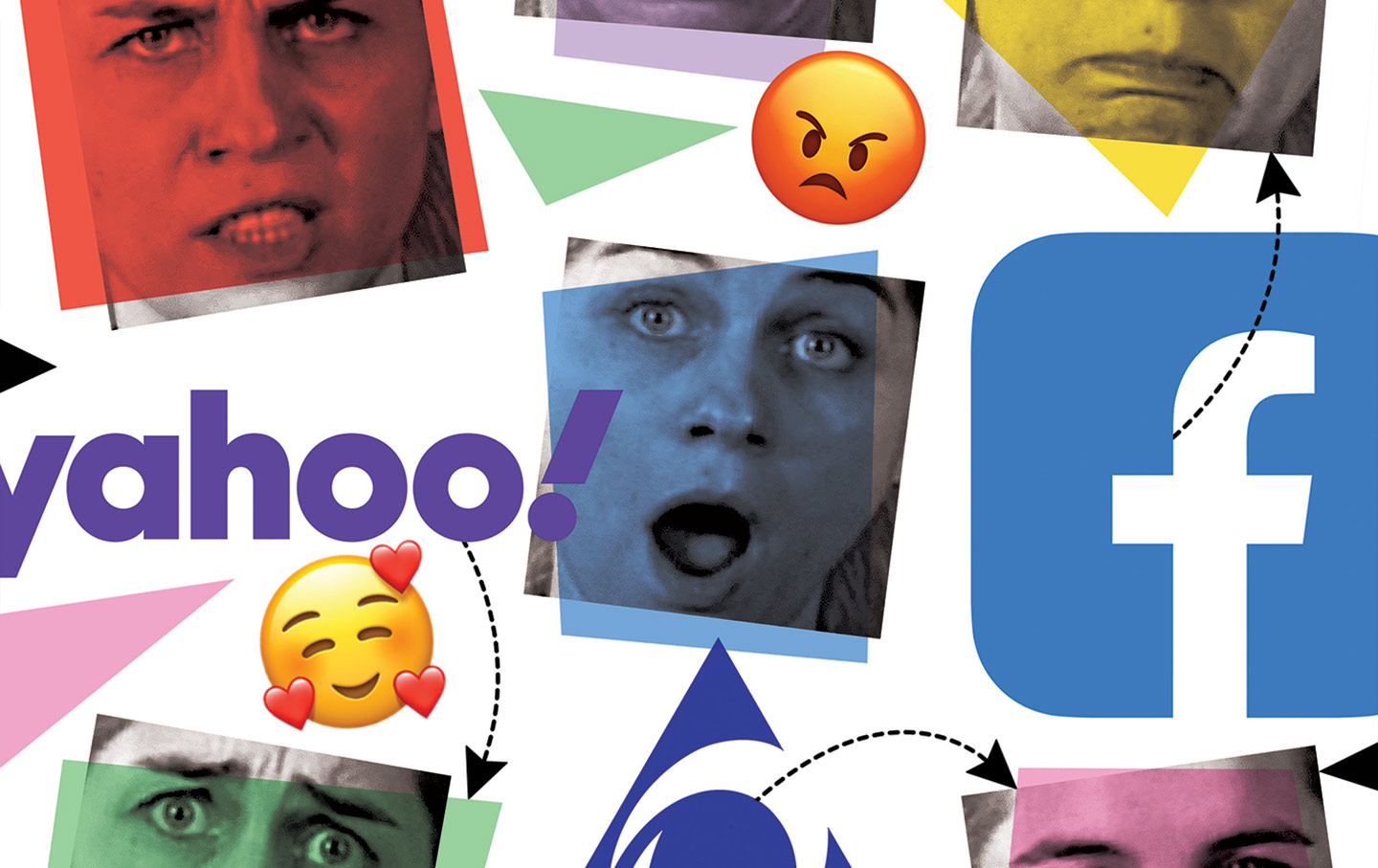
"In June 2014, three scientists published an intriguing article in the peer-reviewed journal Proceedings of the National Academy of Sciences. The researchers described two large-scale experiments they'd conducted over the course of a single week, during which they'd exposed people to either largely positive or largely negative emotions. The results confirmed that emotional contagion is real: Our moods are susceptible to being influenced by those around us."
"There was only one problem: The experiment that the three scientists-Adam Kramer, Jamie Guillory, and Jeffrey Hancock-wrote about so excitedly was conducted on Facebook, without the knowledge or explicit consent of the 689,003 users whose newsfeeds were manipulated for that week. Nor did the researchers express much concern about or attempt to study the real-life impact of their experiment on these users' mental and emotional health."
"The uproar that followed the article's publication tarnished all three researchers. Cornell University, at the time the home institution of Guillory and Hancock, clarified that the two had never directly manipulated the news feeds and had contributed only to the numerical analysis. The lead researcher, Adam Kramer of Facebook, posted a public apology (which is no longer available) minimizing the effects of the news feed manipulation and insisting that the goal was merely to learn how to provide a better service."
Large-scale online experiments have demonstrated that emotional contagion operates through social feeds, making individual moods and expressions responsive to the emotional tone of networked contacts. At least one widely reported study manipulated hundreds of thousands of users' news feeds without their explicit consent and did not investigate the real-world mental-health consequences. The experiment provoked institutional clarifications and apologies while raising questions about research ethics, corporate control of attention, and the difficulty of disentangling selfhood from algorithmically mediated platforms. Efforts to disconnect from digital systems face social, commercial, and technological barriers that complicate attempts at autonomy.
Read at The Nation
Unable to calculate read time
Collection
[
|
...
]